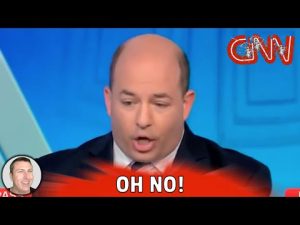Once upon a time in a land where Big Bird and Cookie Monster roamed the Earth on tax dollars, there existed a magical world called Public Broadcasting. Its enchanting realm was made up of PBS and NPR, those very same radio waves that once charmed the socks off anyone with an ounce of taste and a love for all things Sesame Street. But alas, the Trump administration wielded its mighty pen and declared an end to this fantastical taxpayer-funded adventure. Oh, the audacity!
Now, before one wipes away those tears over the fate of Big Bird moving to HBO (yes, that happened around eight years ago, surprise!), let’s dive into why the land of public broadcasting has become more like the DMV of entertainment. If PBS can’t keep their most beloved feathered friend off premium cable, one has to wonder who’s really running the show over there. It’s almost inspiring how a network could make kids tune in to watch birds and puppets for decades yet couldn’t manage to keep it on its own channel. Bravo?
So, PBS and NPR, you’ve got quite the storm brewing. With the advent of the internet, your whole raison d’être seems a bit, how shall we put this, archaic? The thrill of tuning into AM frequencies for a good NPR storytelling session might still tickle some, but the internet has opened up a universe of information that even NPR can’t narrate slowly enough to keep their audience’s attention.
Fast forward to the current situation. In the end, should these wizards of woke lose their tax-funded safety net, they might just have to cozy up to their wealthy pals in Hollywood or host fundraising telethons with some real urgency. This could be the final curtain for taxpayer-funded anti-boredom schemes dressed as public educational services. But hey, at least it was a grand show while it lasted. Pass the popcorn, anyone?







